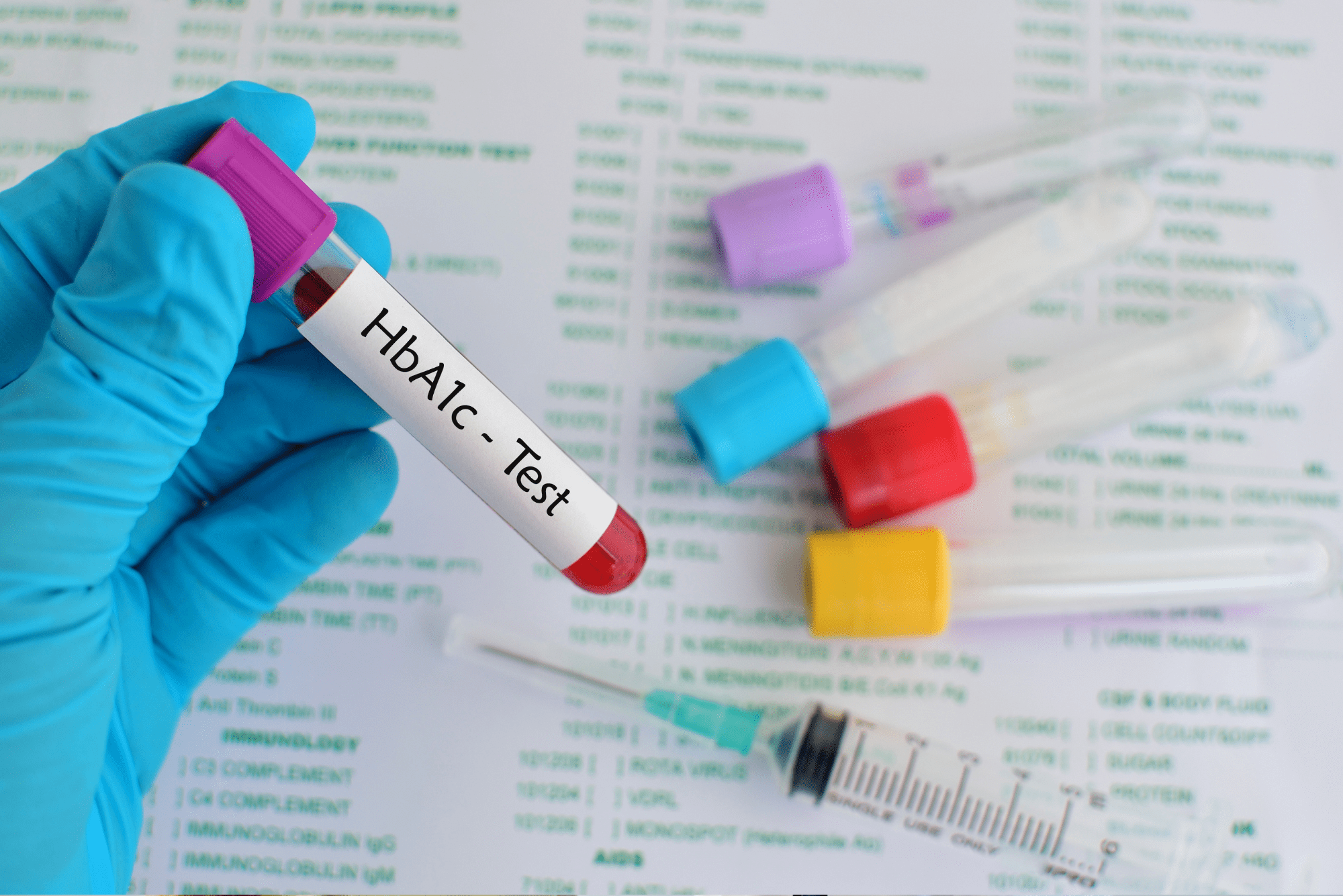“I don’t want to bulk up.”
We hear female patients express this concern nearly every week. Despite mounting evidence about the benefits of resistance training for women, this misconception persists.
Women don’t have the same testosterone levels as men, which means they can’t build as much muscle mass as men do. The fear of accidentally becoming a bodybuilder from lifting weights twice a week is physiologically unfounded.
Resistance training actually delivers stronger bones, balanced hormones, and metabolic health that protects against diabetes and cardiovascular disease. These benefits of resistance training for women become even more important as they navigate their 30s, 40s, and beyond.
Why Women Can’t Build Massive Muscles
Women have lower testosterone levels compared to men: the primary anabolic hormone responsible for muscle growth.
Testosterone increases skeletal muscle fiber size and drives protein synthesis. Without high levels of this hormone, building substantial muscle mass becomes extremely difficult, even with intense training.
Your hormonal fluctuations actually hinder muscle building in certain ways. During your menstrual cycle’s luteal phase, progesterone’s catabolic effects blunt muscle protein synthesis. These natural variations, particularly pronounced during perimenopause, influence protein metabolism in ways that make “accidental” muscle gain nearly impossible.
When we recommend resistance training using weights, resistance bands, or bodyweight to enhance muscle mass, we’re not suggesting you’ll become a bodybuilder. We’re offering you a path to better health.
The conversation has shifted over the past decade. Where women once avoided the weight room, they now seek guidance on getting started. They want weight loss, muscle definition, and strength, recognizing that resistance training delivers all three without unwanted bulk.
The Benefits of Resistance Training for Women
While toned arms and a stronger core are welcome benefits, the real value of resistance training for women lies beneath the surface.
Bone Density Protection
Women face a higher osteoporosis risk than men, particularly after menopause. Progressive resistance training leads to improvements in bone density at important sites: the femoral neck, lumbar spine, and total hip. We measure these exact areas during bone density tests.
These improvements occur in both pre- and postmenopausal women. Combining resistance training for women with weight-bearing, high-impact aerobic exercises produces the best results for bone health.
Hormonal Balance
Resistance training for women influences hormones in ways that address menopausal symptoms. Regular training reduces LH and FSH levels, potentially reducing vasomotor symptoms like hot flashes.
It increases beneficial hormones that typically diminish with age:
- Estradiol
- Growth hormone
- IGF-1
- DHEAS
These hormonal improvements translate to increased lean body mass and sometimes lower blood pressure. These changes improve quality of life during menopause and beyond.
Metabolic Health Changes
Resistance training for women improves insulin sensitivity and cholesterol profiles while decreasing fat mass and increasing lean body mass.
For women with diabetes or prediabetes, these benefits matter. Diabetes is associated with low muscle strength and accelerated functional decline. Resistance training counters these risks.
What Happens During and After Resistance Training for Women
Understanding what occurs in your body during resistance training helps explain its powerful effects.
Resistance training for women improves metabolic rate by increasing lean body mass: your most metabolically active tissue. This fat-free mass elevates your resting metabolic rate, meaning you burn more calories even at rest.
This metabolic boost may decrease weight gain over time. Some studies suggest resistance training enhances metabolic rate through increased post-exercise oxygen consumption and improved mitochondrial function. Your cells literally produce energy more efficiently.
Resistance Training Through Your 30s, 40s, and Beyond
As women move through their 30s and 40s into perimenopause, resistance training becomes even more important, but the approach needs modification.
The biggest consideration as we age is minimizing injury risk. For those just starting out or returning after years away, beginning with lower intensities and higher repetitions prevents injury.
Adequate protein intake becomes important for older women. You need these building blocks of muscle to augment strength gains. Without sufficient protein, your body can’t effectively respond to training stimuli.
Mental and Emotional Changes
The mental health benefits of resistance training for women often surprise our patients.
The act of training itself triggers neurobiological changes that enhance mental well-being. For older women, especially those with pre-existing mental health conditions, improvements in depression and anxiety can be substantial.
People observe these effects regardless of whether they achieve strength gains.
Getting Started Safely
Most women want to start resistance training, but don’t know how to proceed safely.
We recommend working with a personal trainer or in a class setting, at least initially. Poor form leads to injury, derailing progress before it begins.
At Banner Peak Health, we maintain a list of personal trainers with whom we work closely. These professionals work one-on-one with patients to develop programs that fit individual schedules and fitness levels.
You don’t need extensive equipment. Our recommended trainers build effective programs using minimal tools:
- Resistance bands for travel
- TRX systems that hang over any door
- Bodyweight exercises requiring no equipment
The key is making it work with your busy schedule. Even using resistance bands for twenty to thirty minutes at home is beneficial. When traveling, throw the bands in your suitcase.
Today’s Takeaways
Resistance training for women builds a foundation for lifelong health, from protecting bone density to balancing hormones to improving metabolic function.
You don’t need a gym membership or expensive equipment to start. You just need commitment, proper guidance, and patience.
At Banner Peak Health, we connect you with personal trainers who understand your health history, work with physical therapists when needed, and monitor your progress through regular check-ins. Schedule an appointment to discuss a personalized strength training plan that fits your life, goals, and fitness level.


Lindsay Klein, MD
After years of feeling constrained by traditional medicine's time pressures and administrative demands, Dr. Klein joined Banner Peak Health to return to her original calling: building meaningful relationships with patients and providing truly individualized care.




